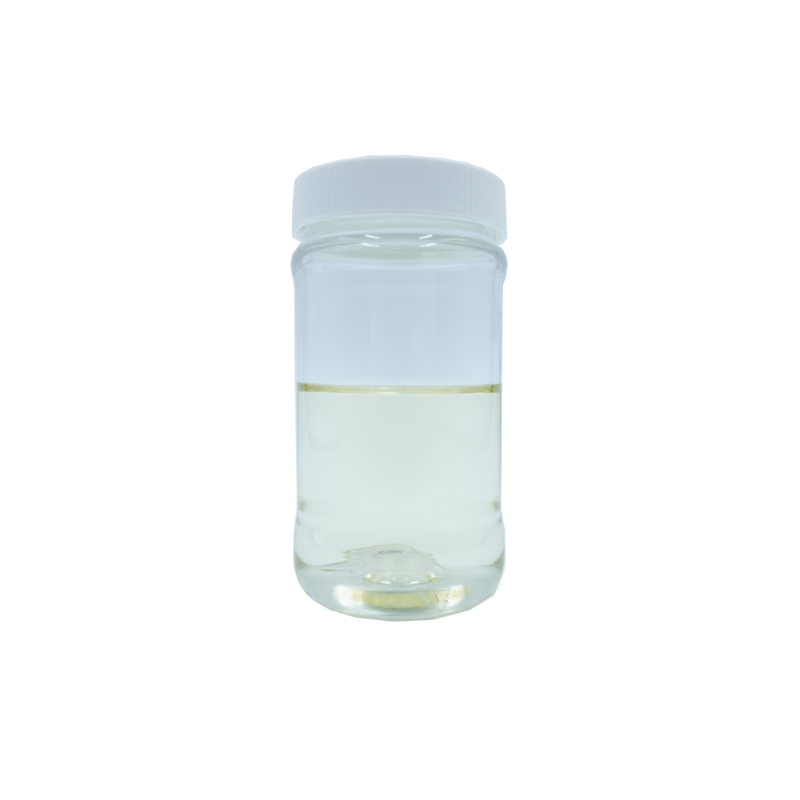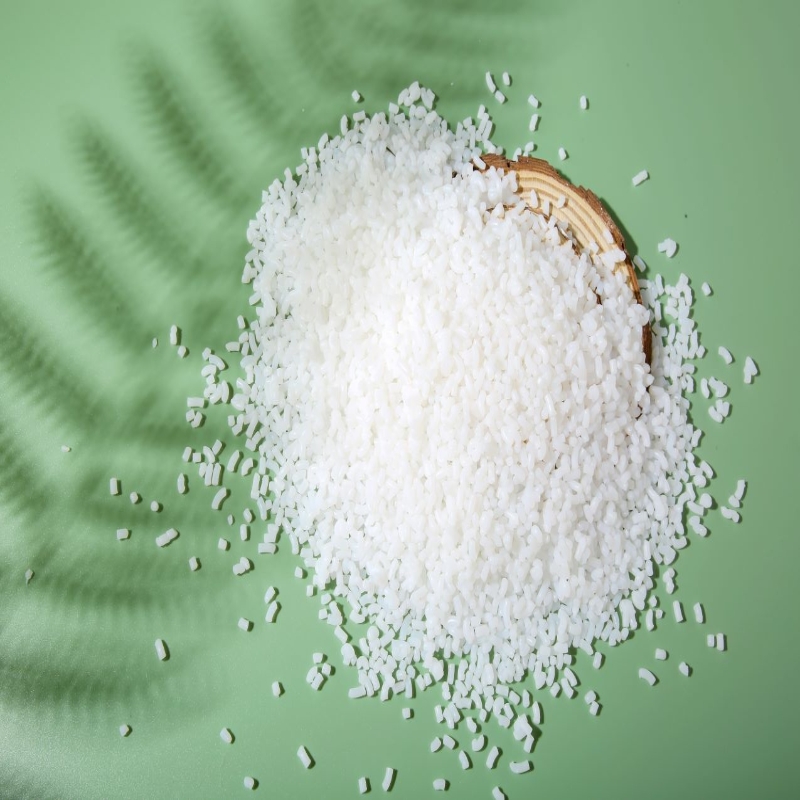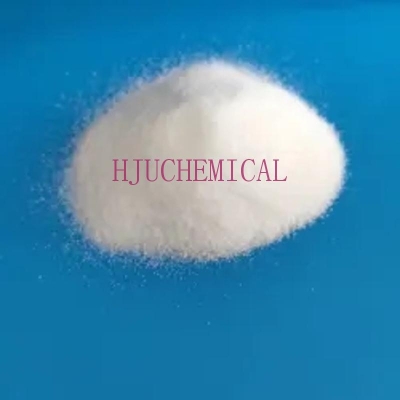-
Categories
-
Pharmaceutical Intermediates
-
Active Pharmaceutical Ingredients
-
Food Additives
- Industrial Coatings
- Agrochemicals
- Dyes and Pigments
- Surfactant
- Flavors and Fragrances
- Chemical Reagents
- Catalyst and Auxiliary
- Natural Products
- Inorganic Chemistry
-
Organic Chemistry
-
Biochemical Engineering
- Analytical Chemistry
-
Cosmetic Ingredient
- Water Treatment Chemical
-
Pharmaceutical Intermediates
Promotion
ECHEMI Mall
Wholesale
Weekly Price
Exhibition
News
-
Trade Service
Scientists recently prepared Na-P zeolite from kaolin and exchanged cations for corrosion and antibacterial effects.
multi-functional coatings with multiple functions have become the mainstream, zeolite is one of the most useful materials in the field. In a new work, Na-P zeolite was prepared from kaolin and a cation exchange process was performed to replace Na plus with Cu 2 plus and/or Zn 2 plus to achieve corrosion and antibacterial
. Then the in-place emulsion polymerization of nano-grade ethylene acetate-vinyl carbonate (VAc-VEOVA) co-polymer was carried out with P-zeolite and Zn-, Cu-, Zn/Cu-cation-exchangeD P-zeolite, and then P-boiling was obtained. Zn-P-Zeolite-(VAc-VEOVA), Cu-P-Zeolite-(VAc-VEOVA) and Zn/Cu-P-Zeolite-(VAc-VEOVA) nanocomposites.
Mixed (Zn/Cu)-P Zeolite
with optimum corrosion and antibacterial properties is then used for laboratory accelerated testing, electrochemical impedance spectrometry (EIS) and disc trap diffusion methods with different Grain-positive (G-plus) and Grain-negative (G-negative) to conduct corrosion and antibacterial tests on films containing different nanocomposites. bacteria), indicating that films containing (Zn/ Cu)-P zeolite mixtures have optimum corrosion and antibacterial properties.
the study was published in the Journal of Coating Technology and Research, September 2019, volume 16, issue 5, pp. 1263-1281.







